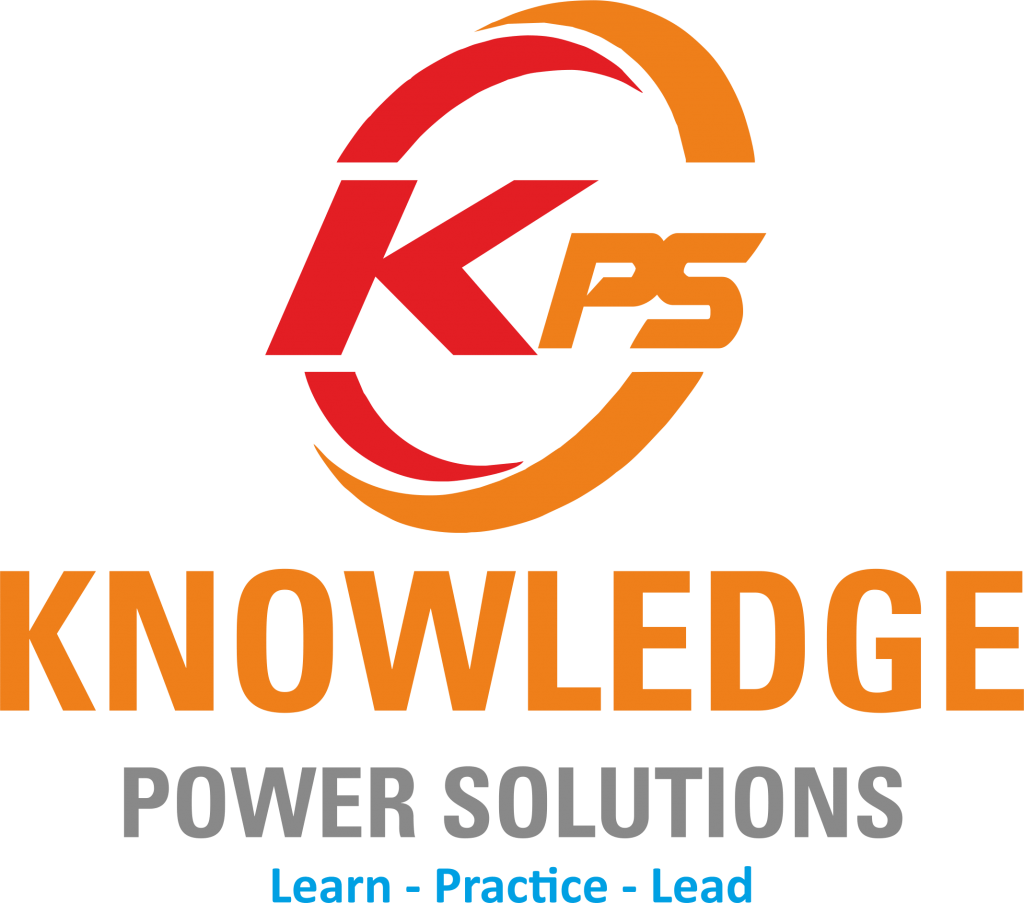Introduction
Microsoft Power Platform is a suite of business applications that allows organizations to analyze data, automate processes, and create custom solutions. It consists of four main components: Power BI, Power Apps, Power Automate, and Power Virtual Agents. In this blog post, we will explore various use cases where Microsoft Power Platform can be leveraged to drive business transformation and improve productivity.
1. Data Analysis and Visualization with Power BI
Power BI is a powerful data analysis and visualization tool that enables businesses to gain insights from their data. Organizations can connect to multiple data sources, clean and transform data, and create interactive reports and dashboards. Some use cases for Power BI include:
- Creating real-time dashboards to monitor key performance indicators (KPIs) and make data-driven decisions.
- Performing ad-hoc data analysis to identify trends, patterns, and anomalies.
- Sharing reports and dashboards with stakeholders to improve collaboration and transparency.
2. Custom App Development with Power Apps
Power Apps allows organizations to build custom applications without writing code. It provides a low-code development environment that empowers business users to create apps tailored to their specific needs. Some use cases for Power Apps include:
- Building mobile apps for field workers to capture data, submit reports, and access information on the go.
- Creating internal productivity apps to streamline processes, such as leave requests, expense approvals, and employee onboarding.
- Developing customer-facing apps to enhance the user experience, such as self-service portals and appointment booking systems.
3. Process Automation with Power Automate
Power Automate, formerly known as Microsoft Flow, enables organizations to automate repetitive tasks and workflows across different applications and services. It provides a visual interface to create workflows, known as flows, without the need for complex coding. Some use cases for Power Automate include:
- Automating approval processes, such as document approvals, purchase requisitions, and leave requests.
- Integrating various systems and applications to streamline data transfer and synchronization.
- Triggering notifications and alerts based on specific events or conditions, improving communication and response times.
4. Chatbot Development with Power Virtual Agents
Power Virtual Agents allows organizations to create and deploy chatbots to provide automated customer support and assistance. It provides a no-code interface to build and train chatbots using natural language processing capabilities. Some use cases for Power Virtual Agents include:
- Developing chatbots to handle common customer inquiries, such as product information, order status, and FAQs.
- Providing personalized recommendations and suggestions based on user preferences and behavior.
- Automating lead generation and qualification processes through interactive conversations with potential customers.
Conclusion
Microsoft Power Platform offers a wide range of use cases to help organizations transform their business processes and improve productivity. Whether it’s analyzing data, building custom apps, automating workflows, or developing chatbots, Power Platform provides the tools and capabilities to drive innovation and efficiency. By leveraging the power of Power BI, Power Apps, Power Automate, and Power Virtual Agents, organizations can unlock new opportunities and achieve their business goals.





